4 Ways This Internship Builds Personal Skills
By Kyle McAuliffe
While this internship is mostly about researching soil and soaking up all the information about it, there are plenty of skills you will acquire throughout it. While a chunk of it is doing some reading, watching cool videos, or going out and doing small projects, the other portion of it is building personal skills. Most of them, however, you probably didn’t even know you needed!
One of the most applicable of these skills is communication, which, even if you already have experience with it, is always beneficial to improve upon. Throughout your time in this internship, you will learn how to work with each of the members on your team, whether you’re doing something like researching soil layers or building vermicompost bins. Working on the team, you learn how to talk to one another to make things happen efficiently. You also learn how to communicate with a professional, especially when working with dates and deadlines. The ability to say what you can or cannot do is critical especially on a team, and this internship builds that skill right from the start. That being said, it also helps you when dealing with professionals in the field.
The next skill you develop is working with and around professionals in the field of soil science, and many of them have so many resources and knowledge to share. This internship will expose you to many practical situations in the careers of people in their jobs, so you can see exactly what they do. This also gives you an understanding of some of the career paths you can follow if you have an interest in this area. Doing this also helps improve general etiquette and respect for their work, as you gain an in-depth understanding of what it takes to get to their position. This also helps you gain more skills that are directly applicable to your current life as well.
One of the other major points of focus in this internship was creating professional write-ups, as well as becoming comfortable with job requirements. To begin, we started with writing and formatting a resume based on our prior experiences, which demonstrated where we stood on a professional level. After this, we wrote cover letters for positions in the soil field, as if we were about to go through the interview process. Upon reviewing these as a team, we were able to take the time to revise them, and ultimately make them professional.
The last skill, time management, was a vital skill to build on for many reasons. We not only spread out the tasks that we are assigned, but also use this time to actually digest the content we are given. This takes many forms, whether it’s through a video detailing the interactions between plants and the soil or meeting with representatives from state organizations, but is ultimately worthwhile. By reading the information to gain an understanding of it, it sticks for a much longer period of time. This makes the learning notably more fun, and the internship less of a job. It becomes more of a way to expand your knowledge in a subject that you can actually use, even if it’s not for your career! It provides so much more than just some facts on soil science, since you can take away so many skills for the future.

